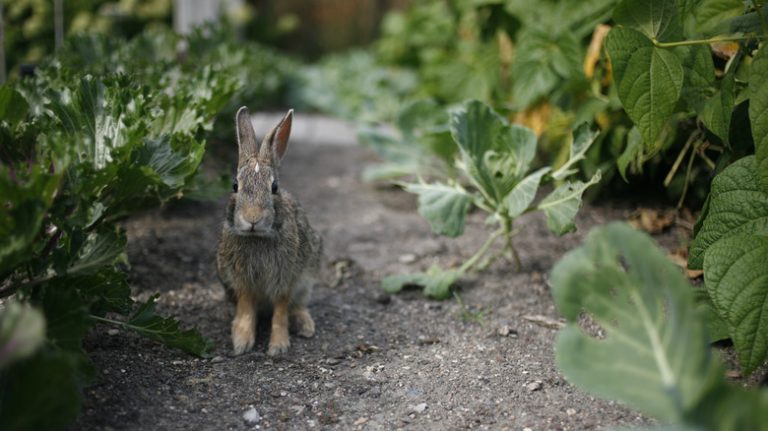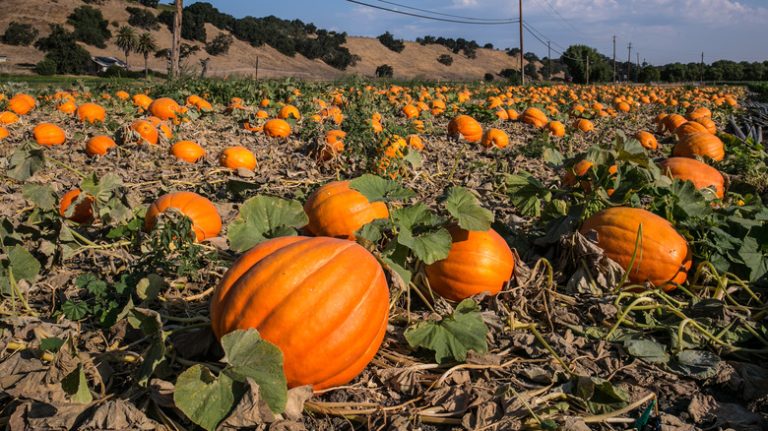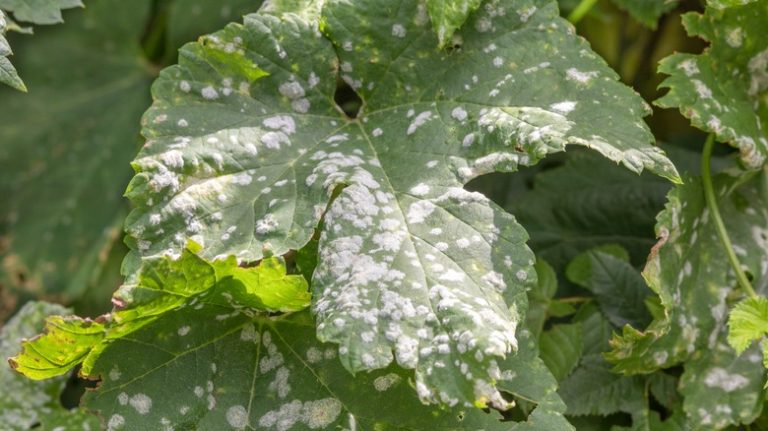Pexels
Are you tired of chipmunks causing chaos in your yard? While these cute creatures may appear harmless, their constant digging, plant nibbling, and burrowing can quickly transform your peaceful garden into a damaged chipmunk disaster area. If you’re searching for a practical and easy way to take back your yard from these stubborn pests, all you need are two household staples: Epsom salt and Lysol.
Chipmunks are cute and active creatures that can be both charming and frustrating when they visit your yard. However, they can cause significant damage to your garden, plants, and outdoor areas. Epsom salt, which is commonly found in every household’s bathroom cabinet, and liquid Lysol, a well-known cleaning staple, can be effective chipmunk deterrents when used strategically. By creating a solution with Epsom salt and Lysol and applying it to areas where they are causing trouble, you can keep chipmunks out of your garden to safeguard your plants and property.
Making Epsom salt and Lysol chipmunk repellent
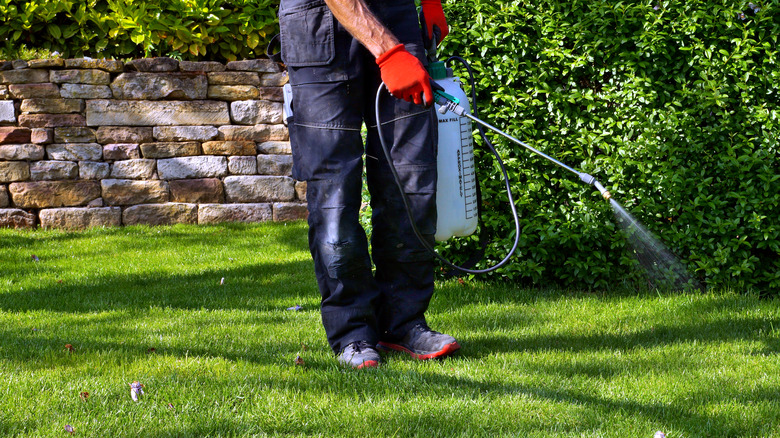
Epsom salt is a naturally occurring mineral compound composed of magnesium and sulfate. If you’re struggling with chipmunks invading your garden or other areas, spreading a thin layer around plants, flower beds, and entry points can create a less appealing environment for these small rodents. Additionally, the magnesium content of Epsom salt can enhance soil fertility and plant health, offering the dual benefits of deterring chipmunks while promoting garden growth.
Alternatively, you can create a simple but potent mixture to keep chipmunks at bay. Mix 1 tablespoon of Lysol disinfectant liquid with about ⅓ cup of Epsom salt (3 ounces) and 1 gallon of water. Then, transfer the mixture into a spray bottle or garden pump sprayer and apply it to areas where chipmunks are frequently seen. This includes the bottom of plants, garden boundaries, and entryways. Avoid spraying it directly onto plants, as it could cause damage.
Considerations for responsible yard management
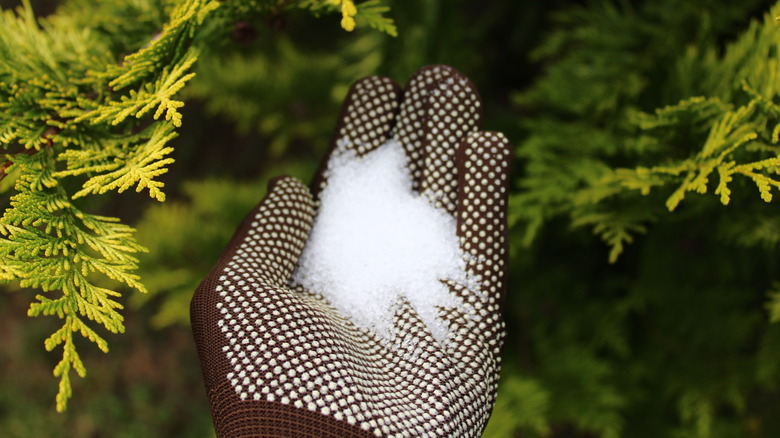
Epsom salt can repel a variety of pesky critters and can even irritate the nasal cavities of raccoons. And groundhogs, which are closely related to chipmunks, are not fond of the flavor. “Groundhogs hate the way common Epsom salt tastes,” John Melchior from Kapture Pest Control told Homes and Gardens. Lysol emits an unpleasant odor that can make the surrounding area unwelcoming for chipmunks. This combination is a deterrent that affects their senses, making it uncomfortable for them to stay. When chipmunks encounter these treated areas, they face a barrier that limits their movement and an aroma that signals a challenging environment.
It’s important to remember that overusing any substance could disrupt the delicate nutrient balance in the soil, which can cause issues for your plants. For example, adding too much Epsom salt to soil that already has enough magnesium can inhibit calcium uptake, and Epsom salt on plant leaves may lead to leaf scorch. Excess magnesium can seep through the earth and degrade water minerals, harming aquatic ecosystems. To effectively and responsibly manage chipmunks while maintaining a harmonious coexistence with nature, it’s essential to be cautious and considerate of the potential consequences of the methods you use to keep your yard safe and healthy.

